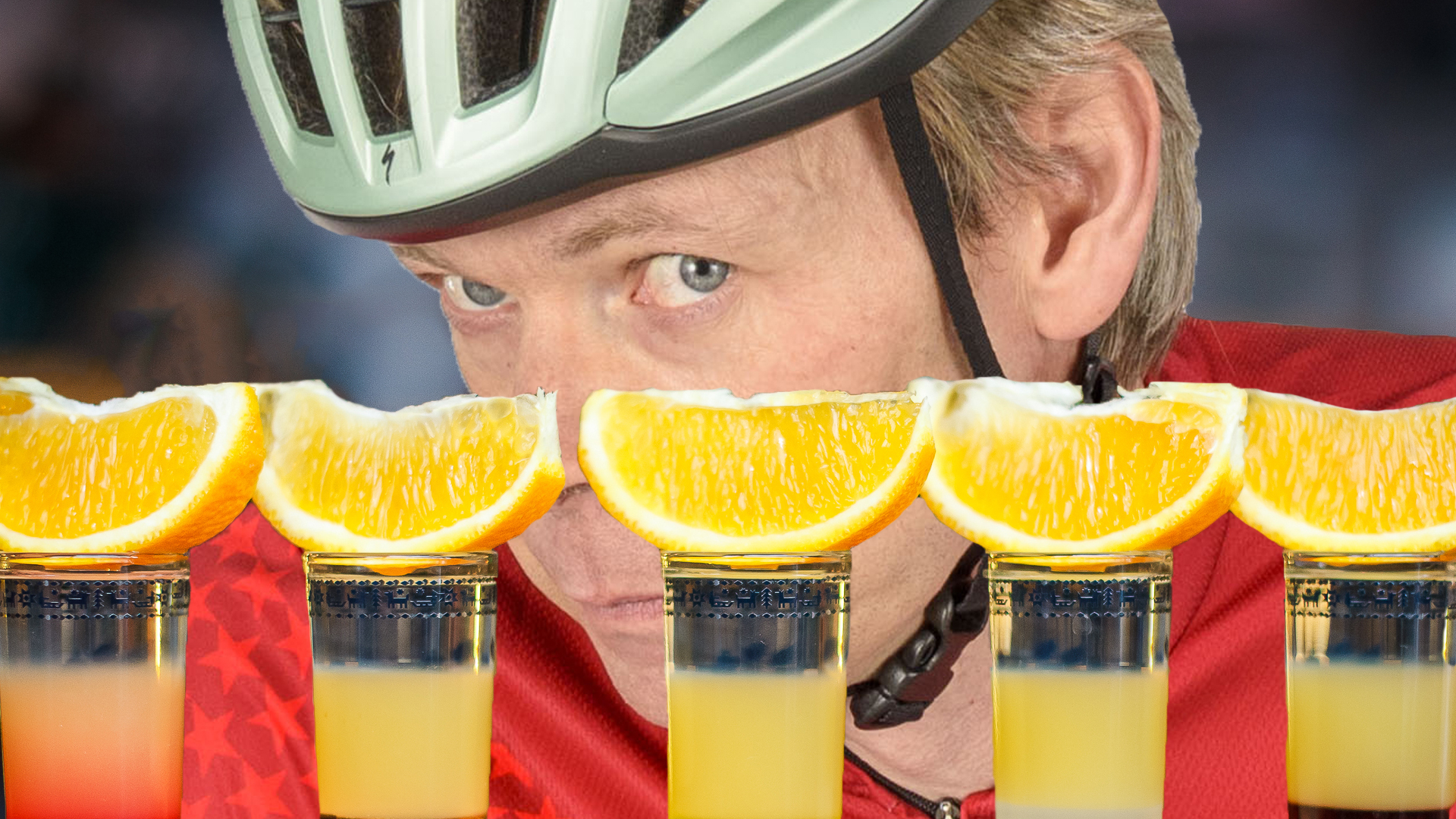
There are several factors that influence the effectiveness of a placebo medical treatment. The qualifications of the person handing it over help – a placebo works better coming from a doctor than coming from your mum. Inconvenience or discomfort will help too, for instance placebo injections are much more effective than placebo tablets.
Describing the treatment as “innovative” will give it a bit more fake zing. Some science that you don’t understand is good too. And, obviously, the more expensive it is, the better.
All that is by way of introducing the subject of ketone drinks, the current buzz-substance in sports nutrition. If I’d been challenged to devise a placebo for cyclists, I’d have been very proud if ketones was what I’d come up with. Wildly expensive, disgusting to drink, scientifically difficult to explain, and provided by doctors from teams with big research budgets.
And while I don’t know for sure because no one has done the research, I’d suggest that multiple calls for a product to be banned would also add greatly to any placebo effect. Ketone drinks are placebo perfection.
Of course, none of that means that ketones don’t work. It just means that figuring out whether there is any genuine physiological effect based on nothing other than rider anecdotes is going to be very difficult.
So here is an anecdote. I’ve used ketones three times, as part of a study a few years ago. It took the form of a drink that tasted exactly like a too-strong shot of vodka and orange squash. The first time, I rode my best (unofficial) 10-mile time trial for two years. The second time, I beat the first time. The third time I was so dreadful we gave up on it before the end because it was just going to be embarrassing. “Two bangers and one clanger,” was how the lead researcher described it.
How to explain the results? I’m very suggestible, but also easily bored, so one possibility is that I truly believed but not for very long. Another would be some sort of habituation. Or there may have been a confounding variable – like the fact I stopped training after the first two rides because I reckoned training had been rendered obsolete.
The placebo effect would not be new to cycling. According to soigneur Willy Voet, one of the first times he provided medical enhancement for Richard Virenque it was because the rider had heard of an amazing new product – it was colourless, and came in an unlabelled bottle. Voet had no idea what that was, and just injected him with a glucose solution from a plain bottle. Virenque rode the time trial of his career.
More sinister was the story someone sent to me a few months ago. As a junior, his father provided him with “EPO tablets” (Vitamin C) before every race. It is not at all to my credit that my first thought was that it would have been a lot more effective if he’d injected his 15-year-old with a glucose solution instead.
Stranger still was the junior rider who came to watch a wind-tunnel session I supervised a few years ago for two of his older team-mates. With only a few minutes of the session left, the coach said, “Actually, do a run with the lad.” I pointed out we wouldn’t have enough time to change anything and do a second run. All we had time for was a single, pointless baseline test.
“Do it anyway,” said the coach. “He believes that he’ll be faster for just having been in a wind tunnel. He’s got no idea how it’s supposed to work.” The coach was right. The kid’s time trialling improved no end, and off the back of a result in the National Championships, he now rides for a Pro Continental team.
Looking back on it, I should have sold him some vodka and orange squash shots while he was there.







